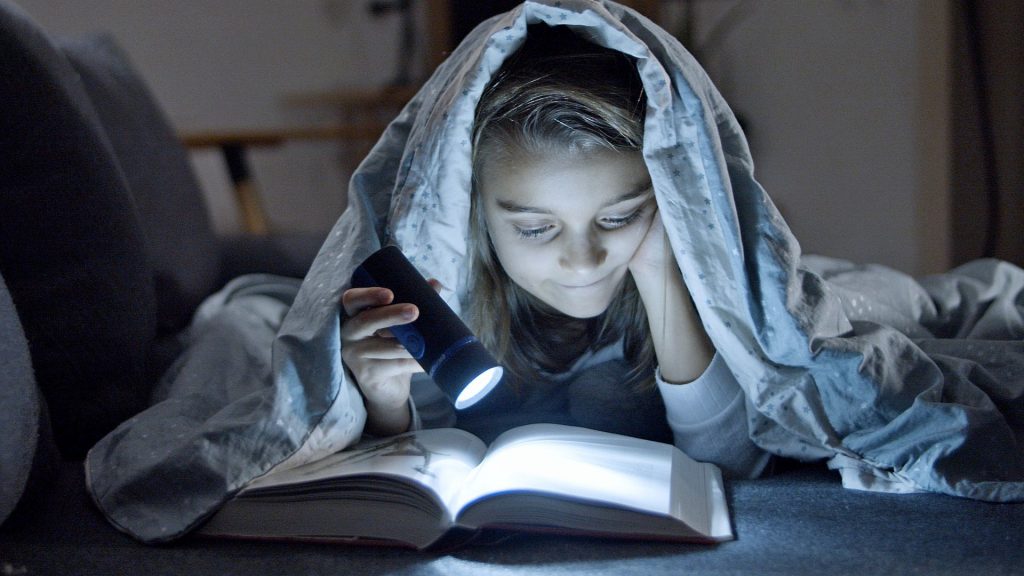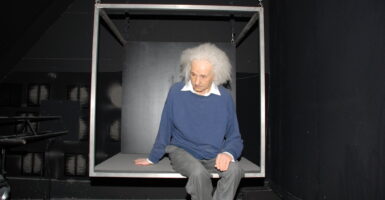Researchers Say Dyslexia Is A Positive, Was Key To Human Survival
Dyslexia has long been touted as a reading disorder, but new research begs to differ, claiming it's the key to human survival.

Dyslexia affects about one in five people. Officially, it is categorized as a learning disorder that can make it difficult for children to learn how to read. For years now, some have considered it a disability. But new research begs to differ. Scientists believe that dyslexia actually has acted as a genetic superhero over time, and was actually key to the survival and evolution of humans.
Many famous world geniuses and entrepreneurs were known to have overcome childhood struggles after being diagnosed with the learning disorder. Now, research suggests that those like them may not actually suffer from a setback, like what has long been believed to be the issue with dyslexia. Researchers from Cambridge who study cognition, behavior, and the brain now believe that people with dyslexia equip special skills that will foster the evolution of humankind going into the future.
The findings were published in the scientific journal, Frontiers in Psychology. The head researcher of the study, Dr. Helen Taylor, called current notions regarding dyslexia “defecit-centered” concepts. She feels that people with this specific disability have been fed falsities about their diagnoses.
We are perpetually adapting to adjust to the changing world in a plethora of ways. People diagnosed with dyslexia tend to be better problem solvers, and are more flexible when it comes to adapting to challenges. More so, they may be the key to what these scientists consider exploring the “unknown” or uncertainty that our future holds.
As the first known study looking at dyslexia from the evolutionary standpoint, the research also discussed ways in which people who are diagnosed with dyslexia tend to thrive. It is believed that those with the reading disorder have this because of what they call an exploitation trade-off of existing knowledge. In turn, the upside is that they tend to benefit from a more explorative approach to knowledge. In essence, this means these people might be better equipped in fields of discovery, invention, and creativity.
What’s more, the researchers noted that people with dyslexia are more apt to be drawn to careers that require these exploration-based abilities, many of which will be key to the survival of humans in the future. Those with dyslexia may hold the solution to solving environmental problems humans face in the coming decades as global warming alters the world. Richard Branson, the Virgin Group CEO and billionaire is well known for his efforts toward understanding climate change. But what may not be as well known about the famous entrepreneur is that he also is diagnosed as dyslexic.

Teachers and schools are known to be the first point of discovery for identifying dyslexia in young students. But how educators respond and help these children thrive may be key. What this new evolution-based research shows is that possibly, educators need to stop looking at the reading disorder as a disability, and instead treat it as just another of the many varying ways in which students learn and thrive. The current educational focus on how students learn to read and write has long been believed to be failing these students. Adopting these standards will benefit their ability to succeed, and further evolve mankind.



